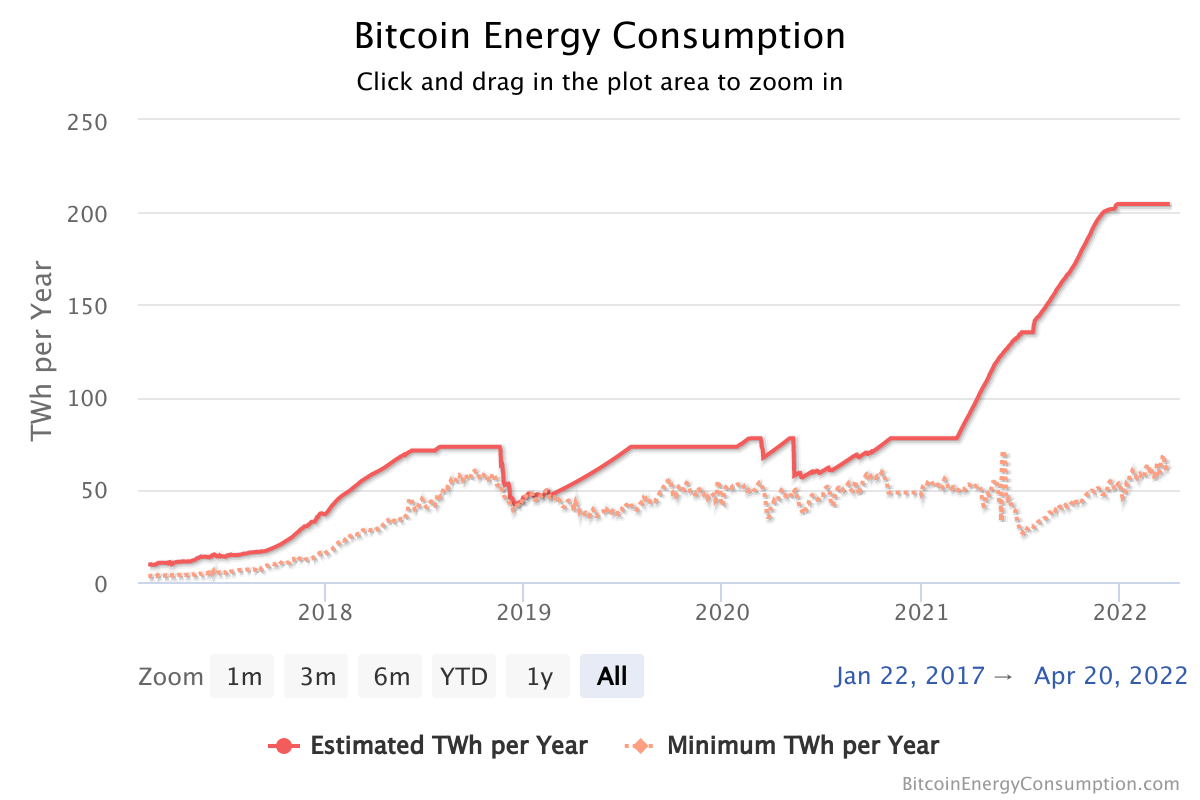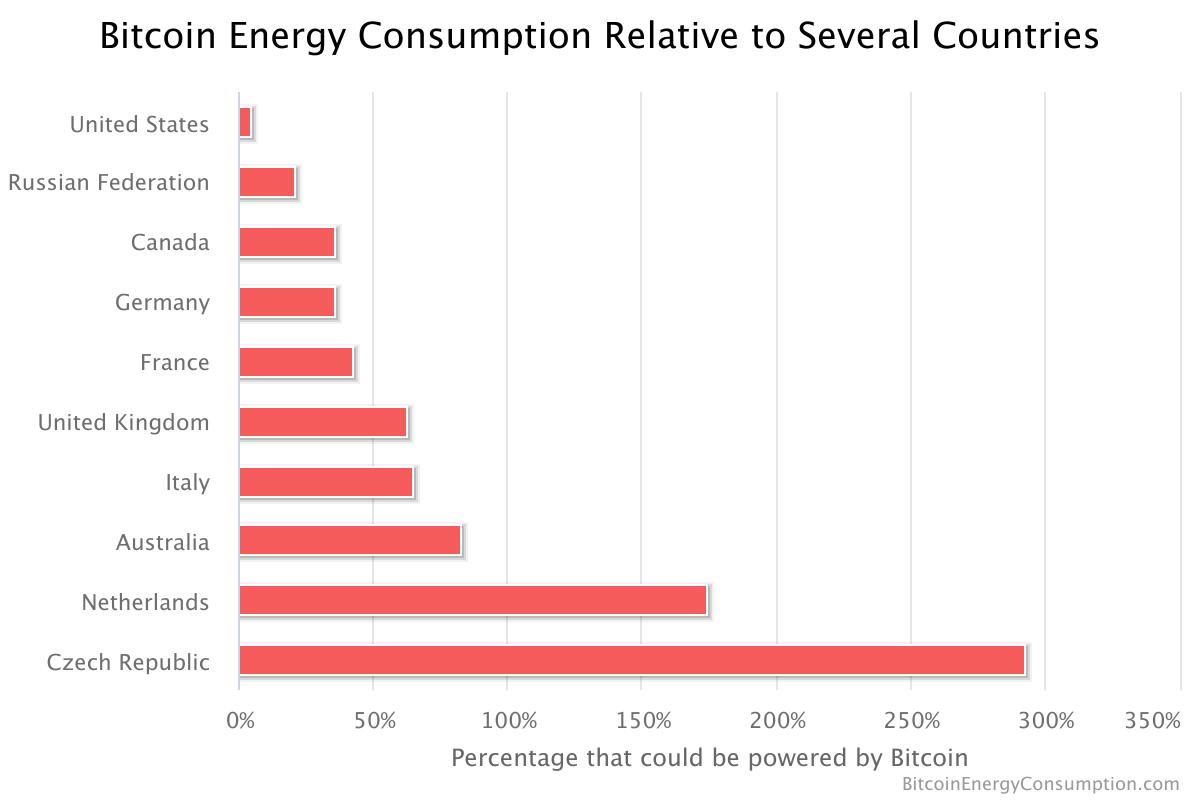As previously discussed, I'm doing the Certified Blockchain Professional course. It is self-directed learning, so I'm going through it at my own pace. In order to consolidate my learning, and help organise my thoughts, I'm blogging about my reflections on each module.
These are mostly notes to myself - but I hope if you find something interesting (or incorrect) that you'll leave a comment.
One of the biggest challenges organizations face in adopting blockchain solutions is the energy intense blockchain mining. In this chapter you will be exposed to IIB Council’s proprietary framework of Sustainable, Secure and Scalable Blockchain Development based on Quantum Computing.
You can tell someone is chatting bullshit when they invoke Quantum Computing. Much like cold fusion, it has been on the cusp of revolutionising the world for the last 50 years.
Proof of Work (PoW) is a necessary(?) evil to prevent double-spending and other attacks against Blockchains. Making the cost (via energy prices) prohibitive for anyone to mount a 50% attack.
It is estimated that the total electricity consumed by Bitcoin miners currently is more than that of the Czech Republic at 71.12 Terawatt hash (TWh) … and all that power is in a way wasted; in fact, no useful purpose is served … Environmentalists have raised real concerns about this situation. … the carbon footprint is also very high, currently estimated at around 387 kg of CO2 per transaction.
Good to see them acknowledging this!
Can PoW be redirected into something useful? As mentioned in a previous module, the obsolete "PrimeCoin" was an attempt to do this.
I wonder if the hashing power could be used to break private keys? Back in 2003, a team were trying to crack the original Xbox signing key
That was "only" a 2048 bit key. Is there now enough hashing power in the world to find the private key? If so, would that be a useful form of PoW?
Instead, they discuss Proof of Stake and Proof of Coin. Which, while interesting, still require you to have burned energy in order to get the coins in the first place. Proof of Burn is just ridiculous - intentionally mining and then destroying the coins!
Nonoutsourceable puzzles
Nonoutsourceable puzzles are a scheme that allows miners to claim rewards for themselves; consequently, pool formation becomes unlikely due to inherent mistrust between anonymous miners.
I don't get that. It prevents collusion between anonymous miners - but doesn't stop large pools of known actors. So, again, it leads to centralisation. There's a paper about it which is very technical.
A brief discussion about Quantum Computing follows, setting out the history and some basic definitions. Could Qubits be used to break encryption? Theoretically. Can they be used for faster-than-light information transfer? No.
There's a (broken) link to Qiskit which attempts to give basic tutorials in Quantum Computing.
Grover's Algorithm and Shor's Algorithm. Classic RSA is based on the fact that it is hard and slow to find prime factors. If that is no longer the case, lots of algorithms fall to quantum supremacy.
Lots of the discussion of "Quantum Resistant" algorithms sound like pseudo-science word-salad. There are some interesting resources on the NSA site - but it is hard to take seriously when there are no practical Quantum Computers to test on.
ASSIGNMENT
-
Visit https://digiconomist.net/bitcoin-energy-consumption and estimate how much electricity will be used by the end of 2018 by Bitcoin.
- Here's the current graph
-

- Energy usage appears to be stable - driven, I assume, by rising energy costs. Previous periods of stagnation have been followed by slight dips, so I'd expect this year to end just under 200TWh.
-
Answer the following questions
- What is the carbon footprint of a single transaction of bitcoin?
-
- What is the amount electricity consumed by a single bitcoin transaction?
-
- Assuming Bitcoin is a county, and if compared with other countries, where does Bitcoin energy consumption stands in comparison? Name the country that comes just
after the current level of Bitcoin energy consumption.
-
- What is the carbon footprint of a single transaction of bitcoin?
